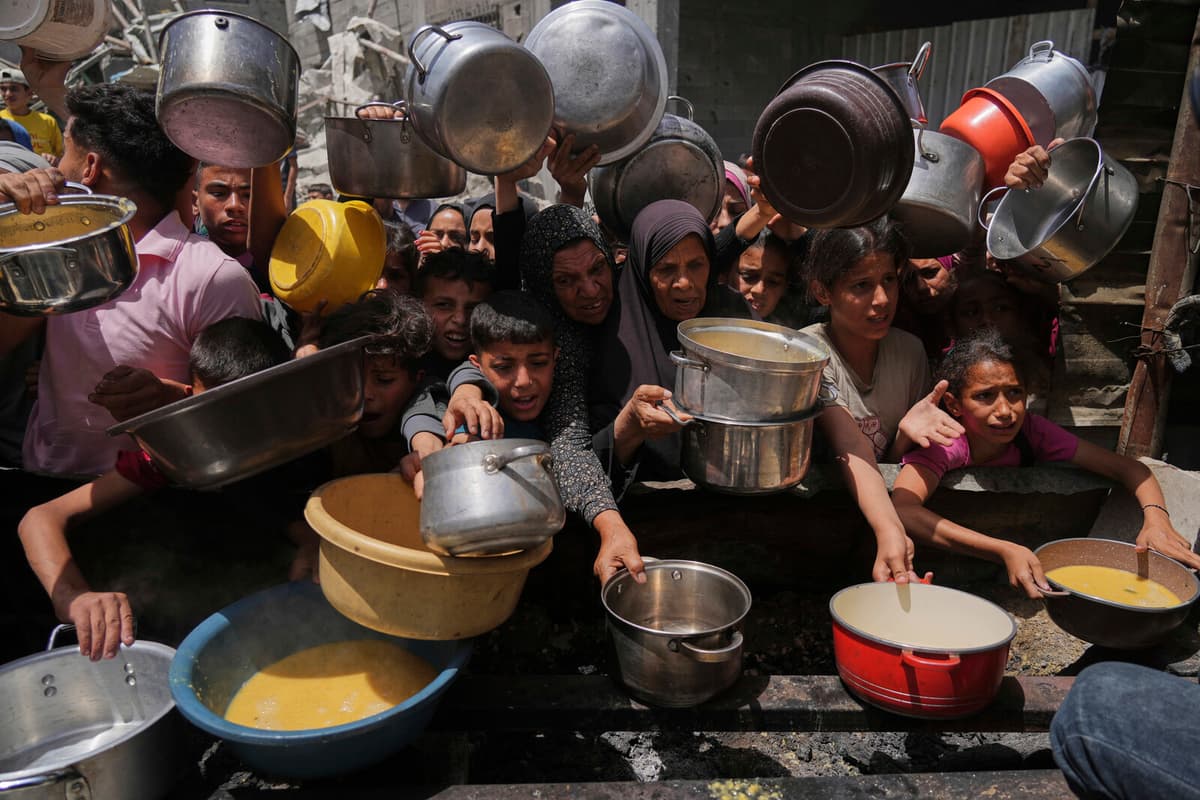In the center is the Gaza Humanitarian Foundation (GHF), an Israeli-American initiative that wants to prevent aid from ending up in Hamas' hands. Only pre-screened recipients can collect emergency aid at four special centers in southern and central Gaza – far fewer than the 400 distribution points previously operated by the UN and aid organizations.
Only individuals who have been identified will have access to aid, and biometric control will ensure that the right recipients collect the supplies, according to AP. The food distributed is calculated to contain an average of 1,700 calories per day – below the UN's threshold of 2,100 calories. The goal is to provide civilians with enough to survive, without the surplus being exploited.
Food as a weapon
Critics argue that aid can be used to control the civilian population in Gaza. According to Alex de Waal, who researches famine at Tufts University in Massachusetts, this is a new chapter in the use of aid in armed conflicts.
"Israel has taken a page from the colonial war manuals, but is doing something that has never been done before. It is introducing food as a weapon in the digital age," he writes on the British site Unherd.
The UN's humanitarian chief Tom Fletcher has in both the UN Security Council and in statements to the media described Israel's initiative as an "intentional distraction" that makes hunger a "bargaining object". According to Fletcher, the system also risks forcing people to move from northern to southern Gaza Strip to access aid and medicine, writes AP and Al Jazeera.
"Intentional starvation"
Organizations such as the Red Cross, Norwegian Refugee Council (NRC) and Oxfam are also critical and question both the method and effectiveness.
The new system is not breaking fundamental humanitarian principles. Aid is militarized, privatized, and politicized – something that does not belong in a war zone, says Jan Egeland from NRC in BBC Global News Podcast.
At the same time, several aid organizations warn that GHF's capacity is far from sufficient to meet the needs of Gaza's over two million inhabitants. According to eleven organizations, the problem is not about logistics, but about political will:
"The problem is not logistics – it is intentional starvation," they write in a joint statement, according to Al Jazeera.






